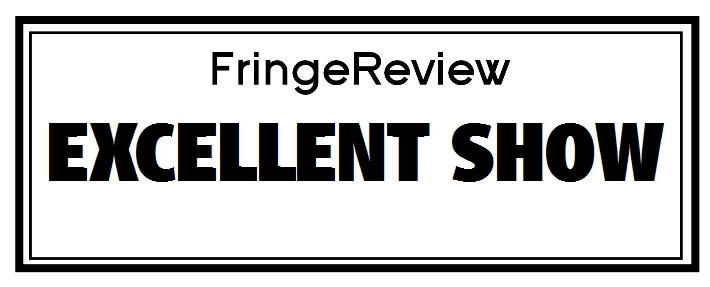Edinburgh Fringe 2023
The Rosenberg/Strange Fruit Project
Twilight Theatre Company in association with New Jersey Repertory Company

Genre: Theatre
Venue: Assembly Rooms
Festival: Edinburgh Fringe
Low Down
The play delves into the life of Robert Meeropol, the younger son of Julius and Ethel Rosenberg, a Jewish American couple who were accused of selling nuclear secrets to the Russians – and were executed for espionage in 1953. Robert was adopted at the age of six by Abel Meeropol, the composer of the iconic protest song Strange Fruit, made famous by Billie Holiday.
Review
Playwright and actor John Jiler plays a range of roles throughout the play as he tells the story – via a set of monologues delivered by different characters – of the youngest child of Julius and Ethel Rosenberg. Throughout the play, Jiler switches seamlessly and impressively between the different roles, including that of Robert Meeropol as adult and child. The transformations are skilfully achieved as Jiler enters the characters via gesture, an item of clothing, a change in accent or tone, and physical stance.
This is a powerful and poignant theatrical portrayal of the lifelong effects of early childhood trauma caused by Robert parents’ execution at the age of six. The generational trauma for the young Robert is personal and visceral from the start, as he tries to make sense of his loss- and later as an adult turning to charitable work and political activism.
Jiler’s portrayal of the young child is utterly believable and often unbearable, such as when he recounts going to see his mother in prison and asks what Communism is, or later, when he reads us the letter that she wrote to him before she died, or when he tries to find a way to ‘speak’ to her once he is grown up. He – and we – are left with overarching questions that he is not able to answer, neither as a child nor as an adult. What happens to children when their parents try to change the world? Was there any purpose in their fight? And could they have chosen another way to be (good) parents?
This is an extraordinary story, both personal and political, with no clear answers as time goes on, and whether you attend as an audience member with some background knowledge (as I did) or are coming new to the subject, it cannot fail to grip.
Alongside Robert’s personal story in the play – and juxtaposed to it, there is the wider political context in the United States at the time. Jiler references the music styles of klezmer and jazz at the start. Clarinettist Lee Odom joins him on stage and accompanies the script beautifully and sensitively throughout, telling the story via the music, metaphorically echoing the pain and the history of the Black and Jewish communities from which jazz and klezmer emerged.
There is also a conscious decision in the writing to bring us up to the present day and to encourage us to see political parallels then and now. This is achieved theatrically via characters who bring the wider context into play. These include WEB DuBois commenting at the time on the antisemitism of the Rosenberg verdict, the judge in the case defending his judgement on fellow Jews despite the recent persecution of the Jews in Europe, and US politicians then and now actively seeking scapegoats while speaking in the public domain – and creating fake news.
In addition to Jiler’s remarkable portrayal of Robert as a child, there is another stand-out portrayal when he plays Billie Holiday in imaginary conversation with Robert as an adult. They discuss the big issues of Black oppression and Jewish persecution, and we understand the significance of the song Strange Fruit which plays in the background, written by Robert’s adopted father.
The title seems incredibly appropriate. It really is a ‘project’ and one has a sense that there is more to say on these wider issues [and perhaps there is, outside Edinburgh time restrictions.]
Jiler tells us at the beginning that this a ‘story from across the sea’ and at the end of the play that we are going out into the Edinburgh sunshine – the point being to remind us that that was then but is also now – and that we go out into the present with a long legacy of what has gone before.


















































